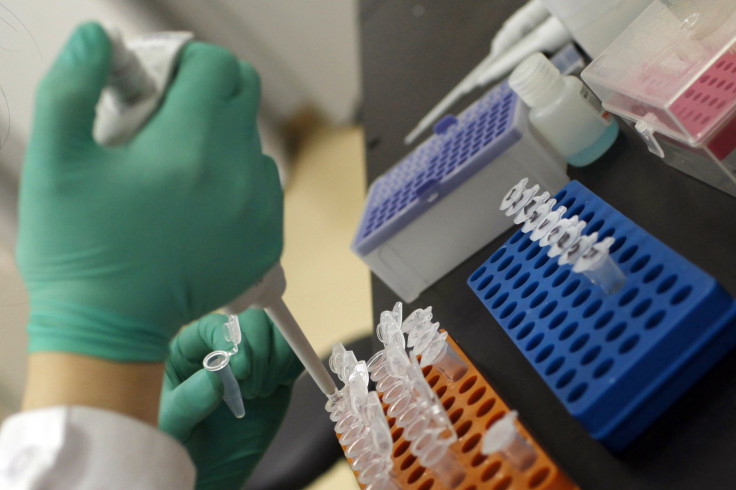New Clinical Trials For Cancer To Be Tailored Keeping In Mind The Patient

A new clinical trial for cancer drugs is announced by National Cancer Institute, or NCI at the American Society of Clinical Oncology annual meeting in Chicago to be based on the genetic mutation of the patient rather than his/her type of cancer. The study will involve enrolment of 1,000 cancer patients with specific tumour mutations and are already in their advanced stages undergoing chemotherapy.
The researchers will then match 20 different drugs, each designed to target specific genetic changes with these participants. James Doroshow, deputy director of the NCI, says, "This is really the first time in a very large way that patients will be screened for mutation irrespective of the site of origin of their tumour. And feed it with a drug that is presumed to be effective against that particularly molecular change."
The trial, NCI-MATCH is described by the researchers to be a form of "precision medicine”, also referred to as personalised medicine where the therapies and preventative measures are more tailored keeping in mind the individual patient. This particular approach is gaining momentum after it was championed by the President of United States Barack Obama in his 2015 State of the Union address. The stepping stone towards such an approach for clinical trial is based on the discovery that many types of cancers share similar genetic mutations or the pathways through which the tumor grows. Hence, a drug which targets a specific type of cancer such as breast cancer might also prove to be working against other type such as lung.
The participants will be administered with either some experimental drug unavailable in the market or with some medicine approved by the US Food and Drug Administration currently used for treating other diseases. By doing so the researchers are hoping to find new type of mutations which are yet to be described in any diseases along with advancement in with increased knowhow on cancer biology.
Doroshow adds, “What we don't know is how well this approach will work in terms of defining which therapy is best; what we are quite sure about is that we will be obtaining new tumour biopsies prior to the initiation of treatment. We will very likely find out a great deal about how, when drugs don't work and why they don't work. Because we will be doing a very deep larger analysis of all these tumours that we screen."
To contact the writer, email:ruchira.dhoke@gmail.com





















